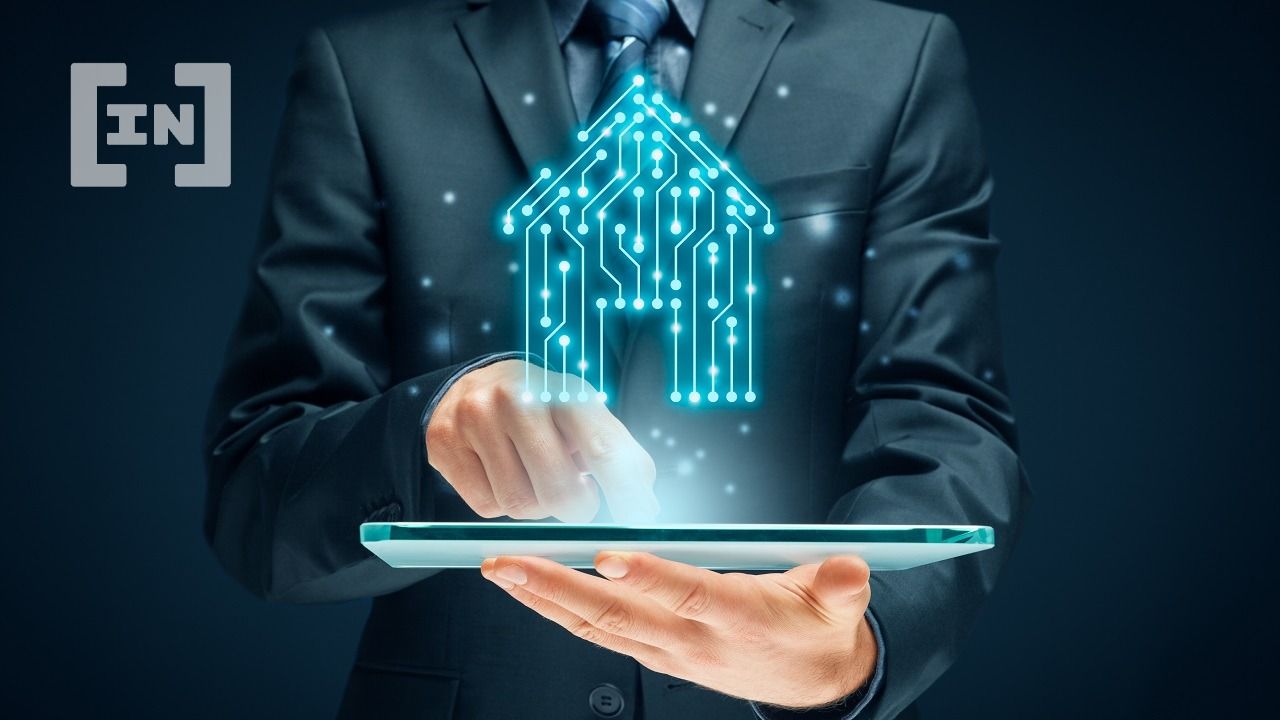Don’t Credit Metaverse With Transforming Real Estate — Blockchain Already Did it

[ad_1]
Scarcity may be a word that excites any fellow crypto enthusiast, but in the business world, it’s not always a good thing. Take rare earth metals, for example—the minerals chipmakers use in their manufacturing.
A pessimist would say their supply is ultimately finite, as the Earth only holds this many deposits. An optimist would argue if Earth runs out of those, we just head into space, develop new manufacturing processes, or come up with another solution. A realist would chime in asking whether the optimist can do that at a profit, and then they’d probably start a fight at some point.
In the Metaverse, this problem would mostly solve itself. You don’t need to break down an entire mountain to build yourself the world’s biggest castle. You don’t need to mine metals or build a factory in China to get yourself a nice Metaverse car.
Real-world manufacturing can only dream of doing things this way, getting assets almost out of thin air. Arguably, there’s the issue of scaling up and powering the data centers this entire wonderland runs on, but let’s leave this one to our three friends to argue over.
This entire economy of assets and services that take no raw materials or real manufacturing to produce is something Meta (ex-Facebook) is very excited about. And rightfully so, it seems, as ownership over digital assets is very much a hot trend these days. Just look at how the world obsesses over NFTs, which transformed into a $40 billion market in 2021.
Or the companies shopping for virtual land in Decentraland and Sandbox, as well as real-world AR domains on OVR, the crowd-sourced project actually mapping out the physical world in the Metaverse.

Does the idea sound nonsensical? Not necessarily, assuming people are willing to pay for billboard ads and other services that bring them exposure. More eyes on your brand is the least a Metaverse shop can do for you, as you can also integrate it with your actual e-commerce platform and make actual sales from there, whether it’s NFT sneakers or tangible real-world items. So while the brick-and-mortar outlet may be virtual, the exposure and revenues it brings in are very much real.
This may beg the question of what is real anymore, or at least what property really means at this point. Some pundits are already proclaiming that the Metaverse is nothing short of a revolution for defining what we think of property and ownership. But don’t credit this concept—and yes, for now, it’s still mostly a concept—with that, as here, all the praise belongs to the blockchain.
The transformation blockchain set in motion is already underway, and the coolest thing about it is it doesn’t have to confine itself to the digital realm.
A token for everything
The truth is, blockchain has already transformed property and ownership. It’s just that most of the world hasn’t caught up yet. If anything, this transformation doesn’t seem to generate too much excitement even among crypto investors who often prefer breaking spears over which blockchain will lure in the most dev teams or what token will shoot up for the Moon next.
Let’s start with perhaps the most basic crypto word: token. In itself, it refers to a stand-in for something else. In the case of blockchain tokens, they can be stand-ins for virtually anything, and that should be the change that excites people because it paves the way for near-instant liquidity for any asset that you can imagine.
First, the familiar stuff. Blockchain technology has given rise to a whole new class of derivatives, which bring traditional financial instruments on-chain. These assets get a whole additional layer of liquidity and also become instantly accessible to a new community of retail traders and investors.
Services like dHEDGE bring this idea even further by working as a programmatic layer between investors and asset managers, enabling anyone to put their money to good use with the help of a seasoned investment professional.

This doesn’t have to end with the regular assets, as other services tokenize things that are traditionally deemed illiquid, such as real estate.
Multiple companies are now working to represent a stake in real-world properties through on-chain tokens, which opens a multitude of new opportunities not just to owners and investors, but also to real estate developers and businesspeople.
Can you imagine buying your next apartment on a decentralized exchange like Ethereum-based Uniswap or Cardano-based WingRiders? This could be happening quite soon.
Real estate is only one piece of the puzzle—other companies are putting out stakes in even more exotic assets as tokens. How about buying into a piece of an actual rare dinosaur fossil? Metarex has you covered. Into rock music? Holding an NFT by U.S. rock band Kings Of Lion brings you a limited-edition vinyl. Such projects reveal the sheer scope of initiatives, both business and charity, that tokenization unlocks for entrepreneurs, creators, and activists.
Even the ICO model, maligned in the tidal wave of scams of 2017, is innovative enough on its own to warrant a place under the sun. It could recover some of its past glory as more legitimate projects tap it to generate funds that go toward building the services the project claims to deliver.
Coupled with the tokenization practice, it could pave the way to entirely new business models, from advanced financial products implemented in on-chain code to a beach resort funded through an offering of NFTs, each of which also works as a seasonal ticket and entitles the holder to a revenue share.
All of this is already happening now, in one way or another, and often even without much fanfare. And while Meta’s digital playground will surely bring in new forms of assets and properties, we should not let this buzz cast a shadow over the change taking place in the world that we (for now, at least) know as the real once—there’s lots of stuff to work on and get excited about here as well.
Disclaimer
All the information contained on our website is published in good faith and for general information purposes only. Any action the reader takes upon the information found on our website is strictly at their own risk.
[ad_2]
Source link

